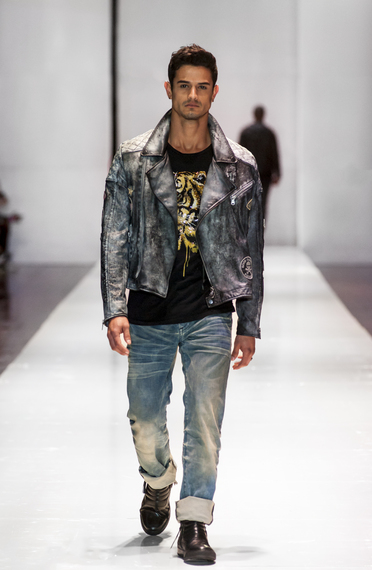There's been a resurgence of minorities featured on television and in movies with Fox's Empire and Fresh Off the Boat dominating the viewership charts. Inclusion, contrary to long-held beliefs, is leading to uncharted successes.
Just this year Conde Nast hired the second African-American Editor-In-Chief in the conglomerate's history to lead Teen Vogue. Even Facebook that due to the advent of InstaArticles became the world's largest publication overnight is establishing its international footprint--opening the first Facebook Office in the content of Africa late last year.
Companies are becoming more globalized. The shift has left much unsure of how to implement inclusive practices into their business model.
The Fashion industry, in particular, has had a difficult time adjusting. White faces still largely manage the industry, and many assert that the business is becoming more homogenous even as markets become more diverse.
While some argue that fashion editors and publications are especially racist, Andre Leon Talley voiced a more complex reasoning. "It's the system that's racist. It's the system of intolerance. It's silent, it's asleep, it's dormant, and it's a nightmare. It's not a dream achieved."
This is largely due to groupthink. Margaret Thatcher stated that "consensus seems to be the process of abandoning all beliefs, principles, values and policies. So it is something in which no one believes, and no one objects."
Fashion, contrary to assertions by many, is a collaborative and democratic effort. Rather than being run from a top-down model like most industries, fashion houses are constantly drawing from new talent to remain innovative and relevant to what is one of the most grassroots industries in the world.
However, its democratic nature and need to feed on the bottom for new and innovative ideas is largely restricted to design decisions. The leadership of the brands is typically run by industry strongholds whose business sense remains risk-averse.
"While tried and true has its benefits, its inherent rigidity and fear of change can lead to quick and severe destruction, stated Fashion Week Los Angeles Executive Producer, Christina Iannuzzi. "Take Blockbuster, for example, whose management, instead of changing business models, remained arrogant in believing that the changing consumers and technology would not lead to their demise.
Consumers are becoming more political and more self-led. With more choices than ever before, consumers' taste are building and destroying industries at record speed. Many of their choices are based on political decisions with movements such as the pink (gay) and the black (African-American) dollar leading people to boycott or support industries that they feel affect their communities.
Diversity is no longer a choice; the market is now demanding it. All that remains to be seen now, which brands can change and do it quickly enough to convince publics that their brands are not just personally beneficial but beneficial to all.

